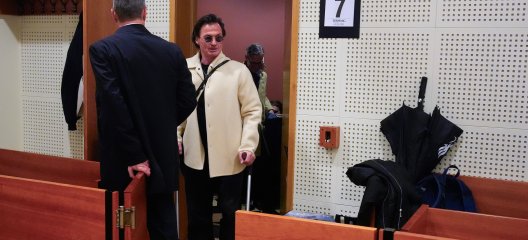Immediately before and after Brexit on 31 January 2020, the EU has made it clear that under a future trade agreement with the UK the ECJ would have exclusive interpretative competence. The “Guardian” of 3 February 2020 quotes the EU chief negotiator Michel Barnier as saying that the ECJ must be able “to continue its role in full”, also with regard to fisheries where Britain was hoping to regain control like Norway and Iceland. When there was an outcry among the Brexiteers, Mr. Barnier rightly pointed out that Great Britain has already accepted this arrangement politically. It is in fact contained in the “Political Declaration”, which is intended to form the basis for Britain’s future relationship with the EU. That the British government (including that of Boris Johnson) first agreed to this and now protests does not give it good marks.
According to the Political Declaration, the ECJ would be preceded by an “arbitral panel”. Each side, the EU and the United Kingdom, would have the right to invoke the “panel” unilaterally, i.e. independently of the consent of the other party. However, when it comes to the interpretation of EU law or of treaty law with the same content as EU law, i.e. in almost all conceivable cases, the “arbitration panel” would be obliged to ask the ECJ for a binding decision. With this provision, the EU Commission would become the de facto surveillance authority of Great Britain and the ECJ would become the de facto court.
The same mechanism is part of the Framework Agreement that the Government of Switzerland has negotiated with the EU. Despite considerable pressure from the EU, the government has not yet signed the treaty because there is substantial resistence among Swiss stakeholders.
Scathing criticism
While the British governments May and Johnson have hardly dealt with the details of the new mechanism, the Swiss Foreign Ministry has been trying to sell said dispute resolution model to the people. It claimed that the “arbitration panel” would have considerable competences. The ECJ would only have to be called in if the answer to an EU or treaty law question was relevant and necessary for the settlement of the dispute. This contention has always been implausible. Apart from the clear legal obligation laid down in the Framework Agreement, an ad hoc arbitration court would be structurally weak and could not reject a well-founded request by the EU to refer the matter to the ECJ. British author Martin Howe has described the “arbitration panel” as bluntly and accurately as a letterbox for the transmission of the dispute to the ECJ and as a rubber stamp when the answer comes back. University of Oslo Professor Mads Andenæs speaks of a “poor man’s EEA”. Mr. Barnier’s comments have confirmed these critics. In his latest announcement, the EU chief negotiator does not even mention the “arbitration panel”. There is currently no constitutional review of federal laws in Switzerland. If the framework agreement were to come into being, the country of William Tell would have a constitutional court for the first time in its history, but on Boulevard Konrad Adenauer in Luxembourg and not in Lausanne.
Other options?
It is more than questionable whether the nuclear power Great Britain, “Political Declaration” or not, will agree to such submission to the watchdog and the court of the other side. It will not be overlooked that the model with the fake arbitration tribunal and the ECJ as the true decision maker has its origins in the association agreements of the EU with the former Soviet republics Armenia, Georgia, Moldova and Ukraine. In the UK the magic word is currently “super Canada-plus”. As with the EU-Canada ‘Comprehensive Economic and Trade Agreement’ (CETA), this would imply an EU-UK bilateral tribunal. In Switzerland, CETA is only discussed behind closed doors. In any case, the EU has so far taken the position that a bilateral court based on the CETA model is out of the question for a European country that wants the widest possible access to the internal market.
What is currently not on the agenda in “Britzerland” is a docking to the institutions of the EFTA pillar, with an own College Member at ESA and an own Judge at the EFTA Court. Docking has originally been offered to both countries by the EU. It would mean that the problem of foreign surveillance and judicial control would disappear. In the case of Switzerland, which was one of the negotiators of the EEA Agreement, the attitude of denial against the EEA can only be explained by the fact that certain circles in the federal administration and the Federal Council still dream of EU membership. Great Britain does not want to join a club.
The EEA/EFTA states Iceland, Liechtenstein and Norway should be aware that they have basically hit the jackpot. They have their own institutions, their industry enjoys broad access to the single market and the common policies – concerning fisheries, agriculture, foreign trade, foreign politics – are outside of the scope of the EEA Agreement.
In the end, all the parties involved, the EU, the UK and Switzerland, will have to sit down and find a compromise. From the perspective of the three current EEA/EFTA States, the participation of “Britzerland” in the EEA – in a form to be defined - could be an attractive thing. As Former ESA President Sven Svedman used to say: with three members, the institutions of the EFTA pillar are not weak, but they are vulnerable. Recent developments have unfortunately confirmed this.






.png)





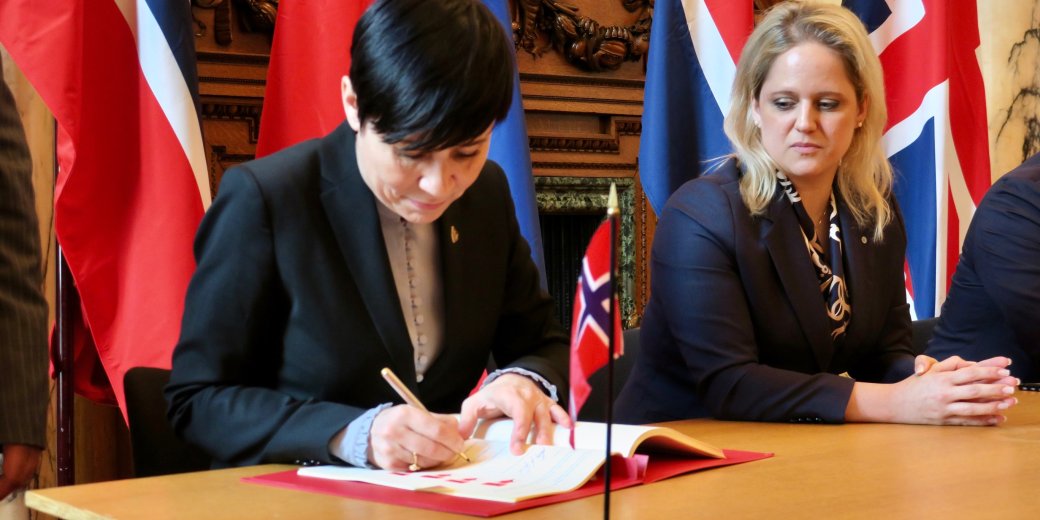







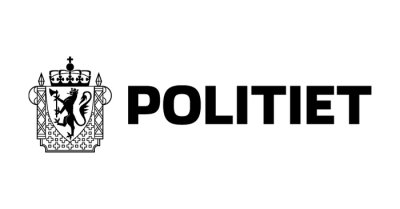
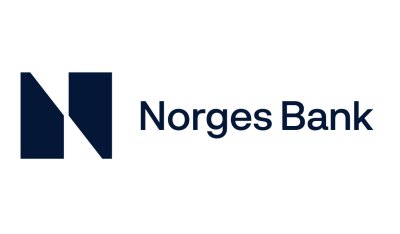

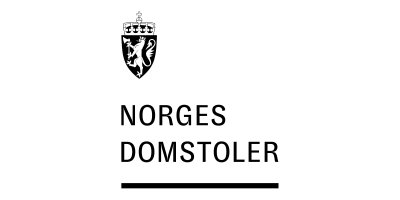
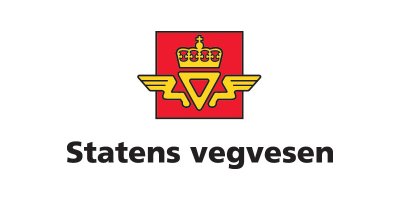
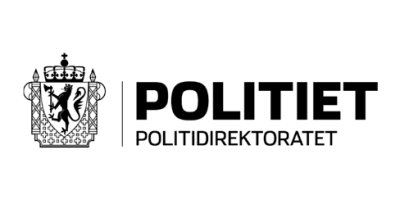
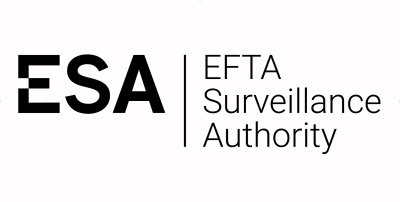
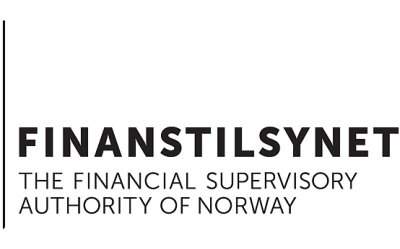
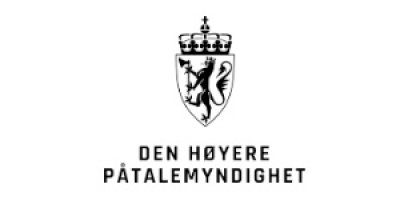
.jpg.jpeg?quality=85)




